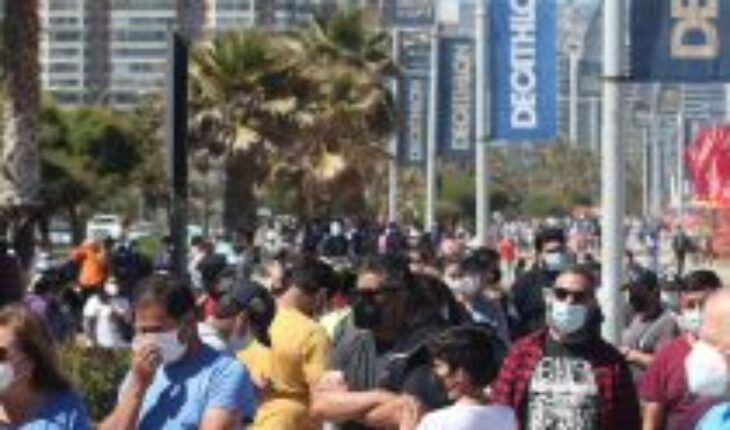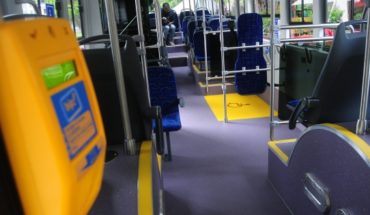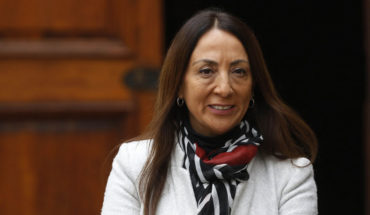Starting our third year of complex coexistence with COVID, there is no doubt that the teams are tired. Each new variant, each new wave, forces to repeat protocols, procedures, protective measures and to look for replacement personnel, because this bug does not discriminate and infects care and caregivers. Finding nursing technicians, monitors who know how to work with older adults and / or people with mental disabilities, is a challenge, because Hogar de Cristo is not the only institution that provides psychosocial support in residential devices to different vulnerable populations; it is, of course, one of the biggest, but not the only one and we have all faced that lack of hands at the crucial moments of the pandemic.
If at the beginning, in March 2020, uncertainty and the real fear of death were the great destabilizing threat; today is the feeling is “until when. Will the nightmare ever end?” It is true that this strain baptized Omicrom is milder and that the vast majority of our users and workers already have their complete vaccination program and some even have their fourth dose. But to protect the lives of more than 1,400 people who are fragile, abandoned, with basic diseases, with many years on top, such as the elderly in our inns or long-stay residences, or with a lot of trauma on their shoulders, such as children and adolescents in shelters, or street people or those with mental disabilities in reception programs, it is a tremendous professional and human responsibility.
International evidence shows that Omicrom quickly infects many, pointing to a curve that is literally a vertical line, but that, after some time, the cessation of infections is equally resounding. We hope to reach as soon as possible that breaking point of the rise in infections and begin the decline in cases. Today we have had outbreaks in Arica and Coyhaique, to mention two ends of the territory, without the unfortunate consequences of the first wave, but the until when is a psychic woodworm that wears down fatigued teams.
The positive thing about everything is that the practical, empirical and field evidence shows that the teams and our hosts have managed to keep their spirits up. Together they have proven that what does not kill you, strengthens you. And that the most important thing is to face the difficulties together and reflect on them. Taking care of each other, in every way. Understand that each of us is responsible for the well-being of others. We are grateful that today we can tell everyone to “get closer”, because, with all the safeguards, it is being possible for volunteers to assume certain tasks, such as the Street Routes to serve the poorest of the poor, those who live outdoors.
Facing illness and death has put us to the test and, without a doubt, we have come out stronger, but as we always say no one is saved alone and we need everyone to take care of the most neglected, the poor of Chile.
Learning to live in emergency
February 7, 2022 |





